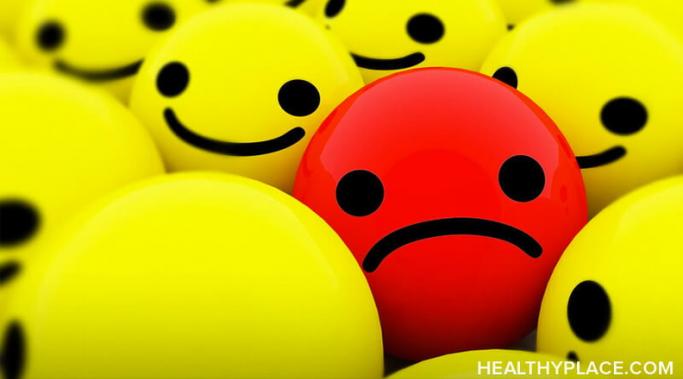Acting on impulse, mental illness or not, rarely turns out well. So, this is, unfortunately, a post about my situation, formed by acting on impulse. I focus on myself not out of some form of narcissism (I might enjoy writing this blog if that were the case) nor because I feel particularly obligated. I write about it because I have become a damn good example of acting on impulse when life gets dark. Right. Here we go.
Triggers - Recovering from Mental Illness
The first thing that comes to my mind when I think of putting my mental health recovery first? "Just Do It!" Yes, that horrible Nike campaign.
Part of mental health self-care involves identifying potential triggers and avoiding them or, at the very least, preparing for the impact they may have on your life. Those of us who have a mental illness have a harder time adjusting to life changes: relationships, starting a new job or losing an existing one, changing locations, the loss of a loved one. It is ironic, but positive life changes can also have an adverse influence on mood. It's hard to find balance among all of the different cards that life deals us, but it's crucial to be able to distinguish circumstantial stress from signs and symptoms of relapse.


